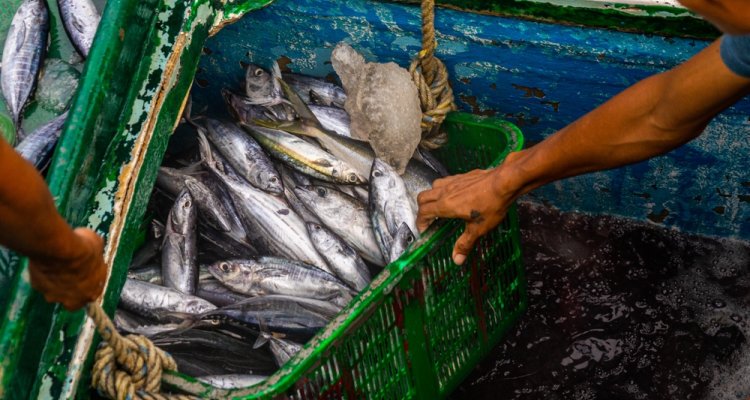
Promotie
A capability approach to assessing impacts of voluntary sustainability certification: A case study of Indonesian small-scale tuna fisheries
Samenvatting
There has been a growing interest in the inclusion of small-scale fisheries in sustainability certification, but examining the impacts of certification on these fisheries remains challenging. This thesis brings a new perspective on understanding the impacts through the capability lens, that is, how certification actually works, with whom it interacts, how it interacts, and under what conditions it can be accessible and bring benefits to fishers and what it means for sustainability by using a case study of Fair Trade USA certification of small-scale tuna fisheries in Indonesia.
In this research, I found that the certification has worked as a system of nested capabilities. Within this system, individuals, groups, value chains, and other key actors have exercised their opportunities to engage with the certification in multi-tier captive relationships within a hybrid governance arrangement. This thesis concludes that the effectiveness of certification goes beyond the question of livelihood and environmental outcomes. Instead, it involves a complex, nuanced, and dynamic system, offering a broader perspective of impact evaluation.